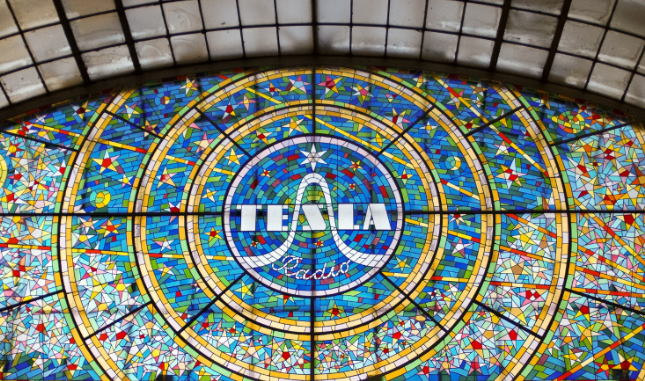Sciences, ideologies, and religions in 20 th century Central, Eastern and Southeastern Europe
| Attachment | Size |
|---|---|
| 1.13 MB |

June 6-7, 2024 - Athens/Greece
The Institute of Historical Research of the National Hellenic Research Foundation (Greece), the Faculty of Philosophy of the University of Erfurt (Germany), the Leibniz Institute for the History and Culture in Eastern Europe (Leipzig), the Faculty Center for Transdisciplinary Historical and Cultural Studies at the University of Vienna (Vienna) and the Masaryk Institute and Archives of the Czech Academy of Sciences (Czech Republic) organize an international conference on the intersections of sciences, ideologies, and religions in the 20th century in Central, Eastern and Southeastern Europe.
The aim of the conference is twofold. First, it aims to study historical cases, in which sciences, ideologies and religions seem to intersect, or in which boundaries were explicitly set. Secondly, from an epistemological perspective, we will investigate the practices and effects of delineation, the “boundary making” (Gieryn). How do making and doing “science”, “ideology”, and “religion” influence one another, how do they change during contact?
Thus, papers will study boundaries and their making, shifting and acting in historical and epistemological dimensions. We take a strong interest in approaches to rewrite and redraw connections among different spaces, fields, and temporalities. We are also interested in research highlighting and problematizing the possible interaction and/or co-productions of knowledge among and across communities and epistemes and specific practices or agendas, on which they could emerge or that they brought forth. An explicit theme of the conference is that sciences, ideologies and religions are not only intellectual fields, but that they appear in action, and thus produce and interact with political and gender epistemologies. Contributions will especially focus on how the framework and case studies developed for/by the geographical area of Central, Eastern, and Southeastern Europe can interact with scholarship in subaltern areas and the global South.
Attendance is free of charge. The venue of the conference will be the National Hellenic Research Foundation in Athens.


